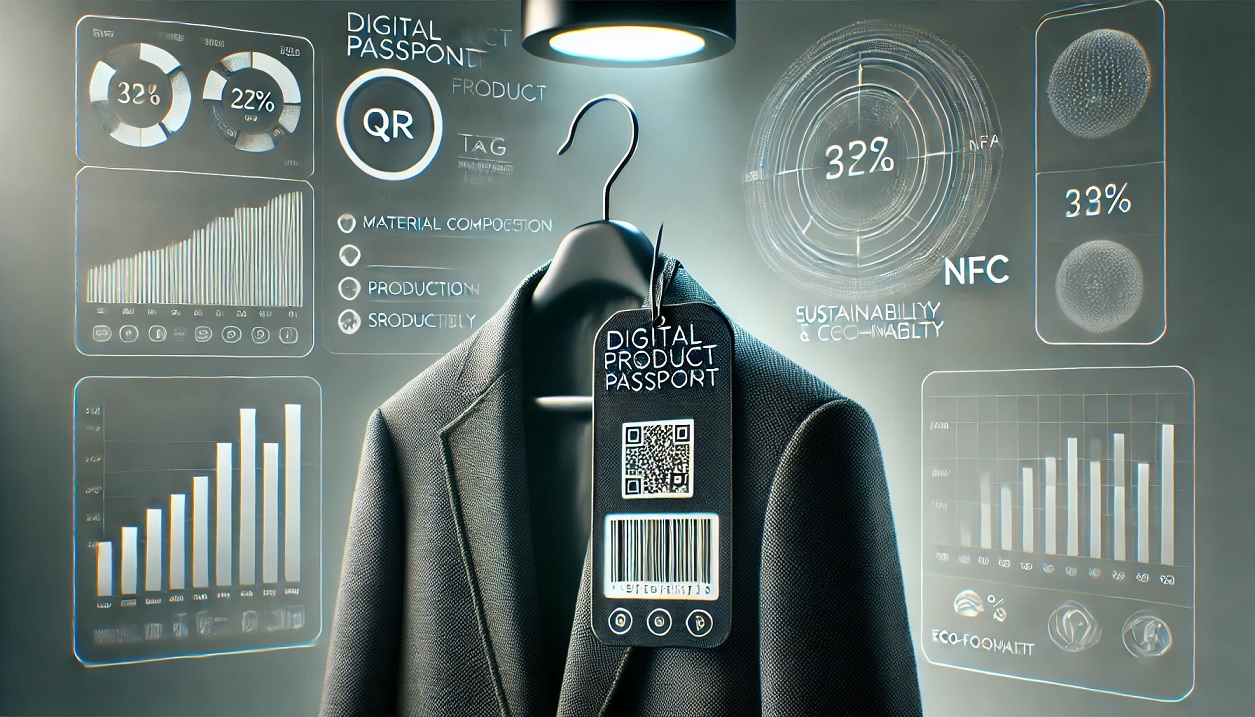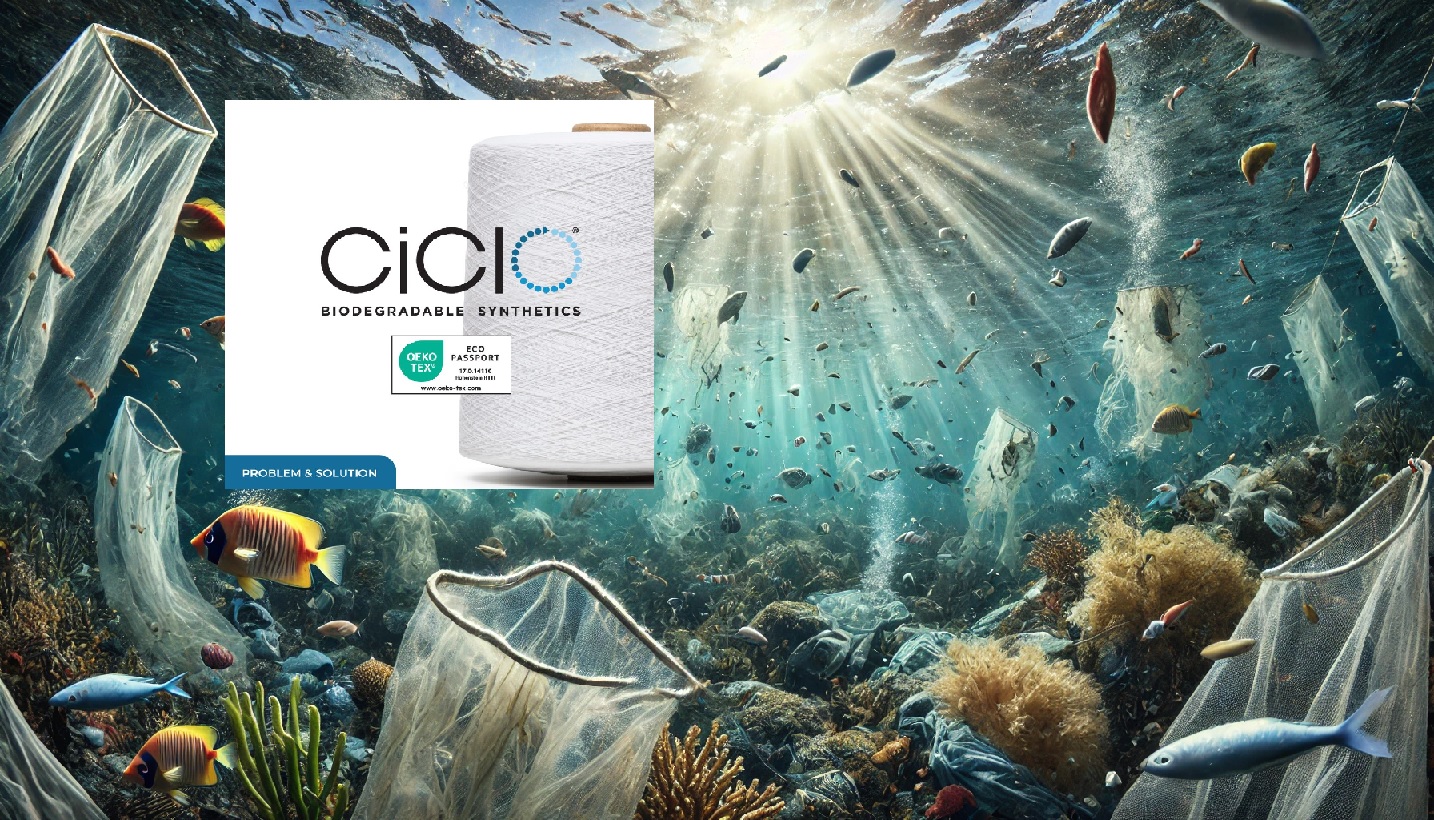Nucycl ® is a sustainable fiber developed by the US textile innovations company Evrnu®, SPC. Here are the key points about Nucycl ® fiber from Evrnu:
Raw Material:
- Nucycl ® is made using primarily cotton textile waste. It can be made entirely from cotton/cellulosic waste or it can be made from a combination of cotton textile waste and FSC certified wood pulp. The production process is a closed-loop system, meaning the solvents used are recovered and reused. This helps to minimize the environmental impact.
Process:
- The process of creating Nucycl ® involves collecting, sorting, and shredding cotton-rich textile waste. The waste is then liquified, purified, and transformed into Nucycl ® lyocell fiber.
- This regenerative fiber can be recycled again and again to make new products.
Properties:
- Nucycl® fiber is strong, with the ability to withstand 6-8 grams of force per denier, compared to conventional rayon at 2-3g and polyester at 3-5g. .
- It is naturally soft, breathable, recyclable up to five times with no meaningful loss in quality, and offers excellent color fastness.
- Nucycl ® fiber does not shed plastic microfibers and has static resistance. .
Applications:
- Nucycl® has been used in a variety of applications, from casual apparel to footwear to home textiles.
- Brands like Adidas, Zara, and Carlos Campos have used Nucycl ® in their products.
Sustainability Aspects:
- Nucycl® is a sustainable solution that reduces the use of water, pesticides, chemicals, and methane emissions.
- The fiber is fully compostable and biodegradable.
- The production of Nucycl® helps to reduce cotton waste and avoid landfill gas emissions.
- The company’s first commercial manufacturing facility, due to be completed in 2024, will have the ability to manufacture 18,000 tons of Nucycl ® fiber per year, reducing cotton waste and avoiding landfill gas emissions, with a carbon footprint of -25,000 CO2e.




